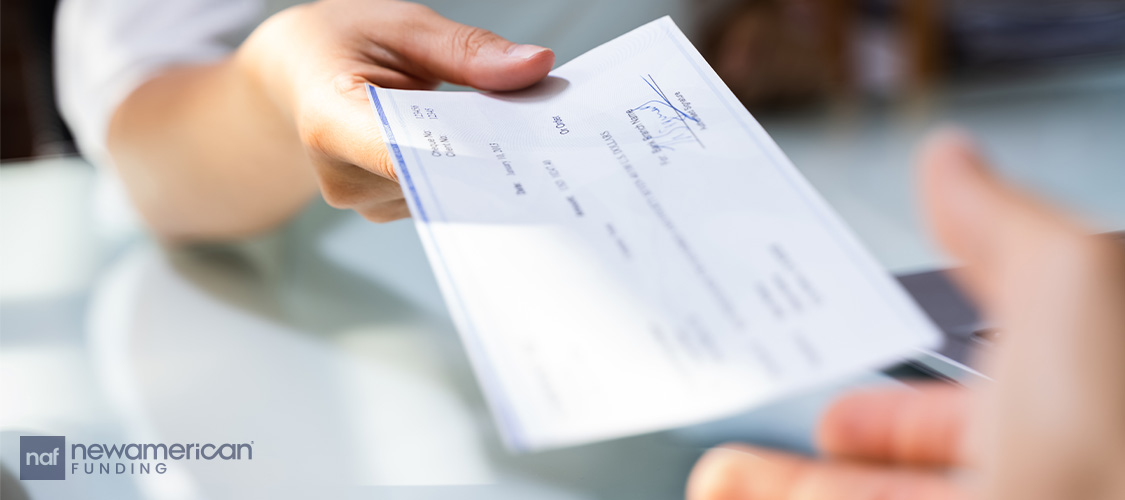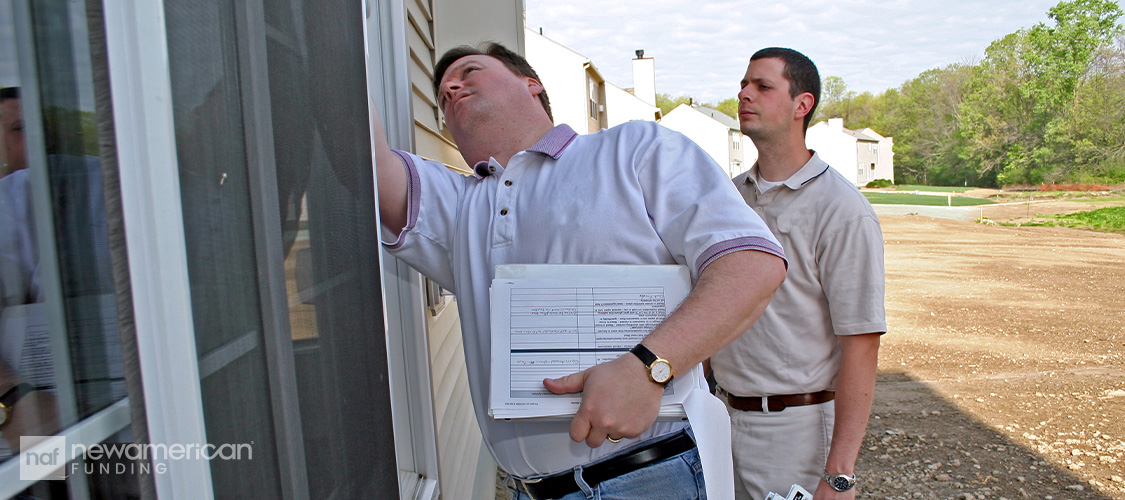Homebuyers
Your Offer on a Home Was Accepted. This Is What Happens Next
May 9, 2025
You've been to more home showings than you care to admit and finally made an offer on a home in the neighborhood where you’ve always wanted to live. The next day, you learn your offer has been accepted.
Savor that rush you’re now experiencing. Once you finish celebrating, it’s time to get to work on a whole new set of tasks before you can call that home yours.
You’re going to need to secure a mortgage or cash to pay for that new home, assess the condition of the home, and fill out a whole lot of paperwork.
“Time is of the essence once the purchase contract is accepted,” said Lauren Bowling, a real estate agent based in the Atlanta area with Ansley Real Estate. “Acting quickly on these initial steps helps avoid delays and keeps the closing process on track.”
Getting a mortgage
Even if you received a mortgage pre-approval letter, you still need to go through the formal underwriting process before your lender can finalize the loan.
You’re going to be asked to provide a whole lot of documentation, such as bank statements, tax returns, pay stubs, and your consent to conduct a hard credit inquiry.
“I encourage my buyers to get all their financial documents together at our first consultation as they'll be asked to provide these financial documents pretty quickly once the purchase contract is accepted,” said Bowling.
Deposit earnest money

Another big step is depositing your earnest money into an escrow account. This is typically about 1% to 3% of the purchase price, the exact amount you agreed to in your offer.
Your earnest money lets the seller know you are serious about moving forward with the sale. Think of it as a way to bind the contract as long as all requirements are met.
If the home closing goes through, the amount will go towards the down payment or closing costs.
Otherwise, the money will either be returned to the buyer or the seller keeps it depending on who breached the purchase contract.
Scheduling the home inspection
A home inspection protects buyers from problems with a home that may not be visible to the naked eye. Home inspectors will examine the property and assess whether there are any major structural and mechanical issues with the home.
You will typically have a certain window to schedule one. Once you receive the report, you may negotiate with the seller to complete or pay for repairs.
“The goal is always to ensure the home is both a safe and sound financial investment,” said Bowling.
Completing the home appraisal process

During the home loan process, your lender will initiate an appraisal. This is an evaluation of your property conducted by a professional appraiser, who compares the home in question to other similar homes to determine if the agreed-upon price is fair.
Your lender wants to know the fair market value of the home to ensure you’re not overpaying for the property. The lender doesn’t want to finance a home that’s selling for more than it’s worth.
There’s nothing you need to do if the appraisal price is the same or higher than your purchase price. Otherwise, the buyer may need to adjust their financial strategy or negotiate with the seller to cut the price if the appraisal comes in lower.
Homeowners insurance
Your lender will most likely require you to have proof that you’ve purchased a homeowners insurance policy before the closing.
A standard homeowners’ insurance policy typically includes protection for the home’s structure and other items like fencing and garages against common perils. But many don’t include coverage for floods, earthquakes, and wildfires.
If the home is in an area prone to natural disasters and flooding, you may want to purchase additional protection.
You will also need title insurance. This ensures no one else can lay claims on the property and there aren’t any liens, i.e. unpaid debts on the home, that you may become liable for if you purchase the residence.
Getting to the closing table
Having your offer accepted by the seller doesn’t mean the home is yours just yet. You need to complete all the necessary steps and sign your name on the closing documents.
Around three days before closing, you’ll receive the Closing Disclosure, an important document that outlines final loan terms and closing costs.
Take this time to double- and triple-check what’s on these documents. Doing so ensures that you won’t face any surprises at the closing table.






 Smart Moves Start Here.
Smart Moves Start Here.